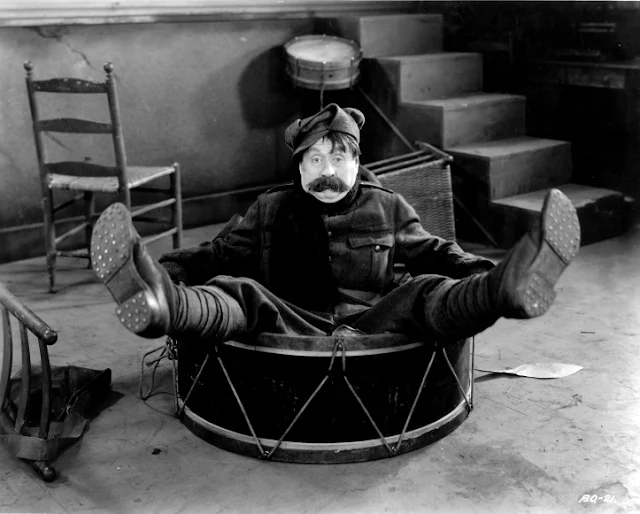 |
| Adam Driver and John David Washington in BlacKkKlansman |
Cast: John David Washington, Adam Driver, Topher Grace, Robert John Burke, Laura Harrier, Jasper Pääkönen, Ryan Eggold, Paul Walter Hauser, Ken Garito, Frederick Weller, Michael Buscemi, Ashleigh Atkinson, Corey Hawkins, Harry Belafonte, Alec Baldwin. Screenplay: Charlie Wachtel, David Rabinowitz, Kevin Willmott, Spike Lee, based on a book by Ron Stallworth. Cinematography: Chayse Irvin. Production design: Curt Beech. Film editing: Barry Alexander Brown, Music: Terence Blanchard.
Spike Lee finally received the Oscar nomination for directing that he had deserved for Do the Right Thing (1989) and Malcolm X (1992), and he won his first competitive Academy Award -- in 2016 he was given the honorary award that the Academy usually gives to people they've shamefully ignored over the years -- for screenwriting. BlacKkKlansman is based on the experiences of Ron Stallworth, who joined the Colorado Springs police force as its first black officer in the late 1970s, and found himself impersonating a Ku Klux Klansman over the telephone. Eventually, his conversations led to requests for a face-to-face meeting, so a white officer was recruited to directly infiltrate Klan meetings. The film version relies heavily on the chemistry between John David Washington as Stallworth and Adam Driver as the fictitious Flip Zimmerman (the identity of the actual white infiltrator was never revealed), as well as the sinister but often comic performances of the actors playing the Klansmen: Ryan Eggold as Walter Breachway, Jasper Pääkönen as Felix Kendrickson, Ashlie Atkinson as Kendrickson's wife, Paul Walter Hauser as the self-named Ivanhoe, and especially Topher Grace as the blow-dried Grand Wizard, David Duke. There's a somewhat unnecessary romantic subplot involving the activist Patrice Dumas (Laura Harrier) and Stallworth, but the film generates plenty of suspense and readily makes its point about racism in the Trump era without turning into agitprop.





























